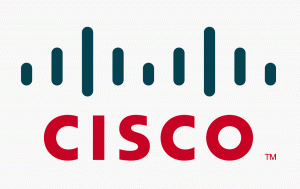Technology and networking giant Cisco recently released a report in which it said that users were more likely to be hit by cyber crime through search engines, online ads and social networking websites as compared to pornographic or gambling sites.
Mahesh Gupta, Vice President of Cisco India and SAARC said that it was a common belief that security measures had fallen into risk when users would seek out illicit content like counterfeit software, online deals, hacking sites or even view pornography. The report by Cisco says that 91 percent of monitored hits to web pages were split between search engines like Google, online video sites like Youtube, advertising networks and social networks like Facebook and Twitter.
Gupta also said that viewing online advertisements were 182 times, shopping sites 21 times and search engines around 27 times more likely to deliver malicious content than pornographic sites and counterfeit software site.
India dominated the spam capital world and US is just close to second position in sending out unsolicited emails to internet users globally in 2012. The overall spam value lowered down to 18 percent from 2011 to 2012 and India contributed a 12.3 percent of it as per Cisco report.
US moved from sixth position to second and the other top five spam originating countries were Korea which generated 4.6 percent, China generating 4.19 percent and Vietnam generating 4 percent of spam.
Majority of spam has been seen arising from groups who sell well known and branded products.v






